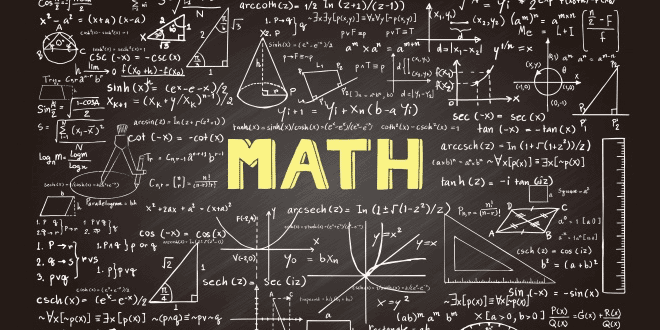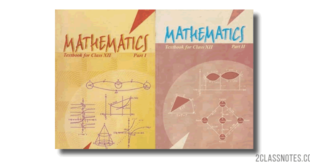A. Factors are the numbers that are multiplied to give a product.
5×4 = 20
5 and 4 are factors of 20.
factors of number also divide that number without leaving any remainder.
24÷3 = 8 (8 and 3 are both factors of 24.)
B. When you multiply a number by 1,2,3,4, …, the products are all multiples of the number.
For example, 3, 6, 9, 12, are all multiples of 3, as (3×1), (3×2), (3×3), (3×4).
C. Rules of Divisibility
The rules of divisibility will help you find which numbers divide others without leaving any remainder.
D. Prime Numbers and Composite Numbers
The numbers 2, 3, 5, 7, …, have only two factors each – the number itself and the numbers 1. Such numbers are called prime numbers.
A prime number is any number greater than 1 that has only two factors – the number itself and the number 1.
6 has 4 factors. They are 1, 2, 3, and 6.
6 is called a composite number.
A composite number is any number greater than 1 that has more than different factors.
1 is a special number. It is neither prime nor composite.
 Class Notes NCERT Solutions for CBSE Students
Class Notes NCERT Solutions for CBSE Students




